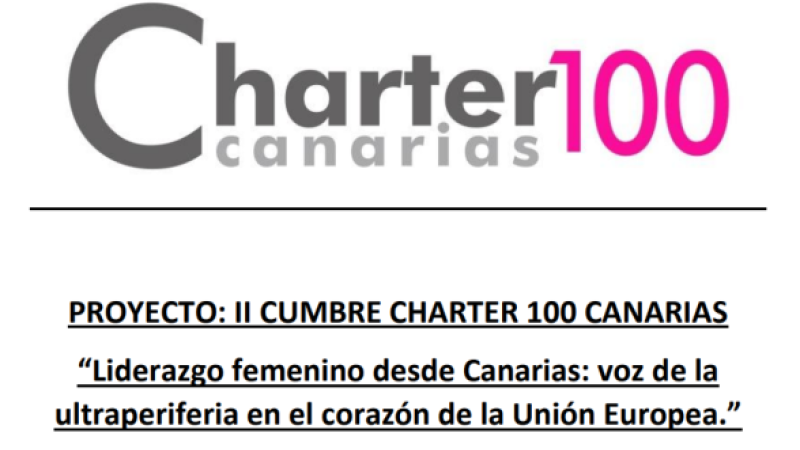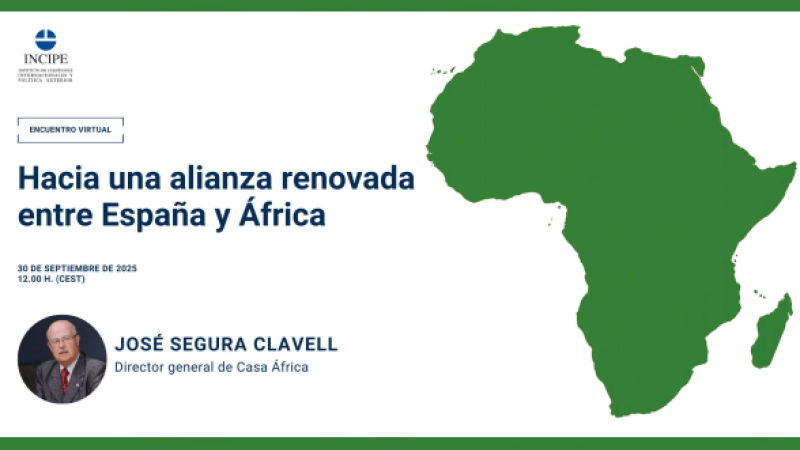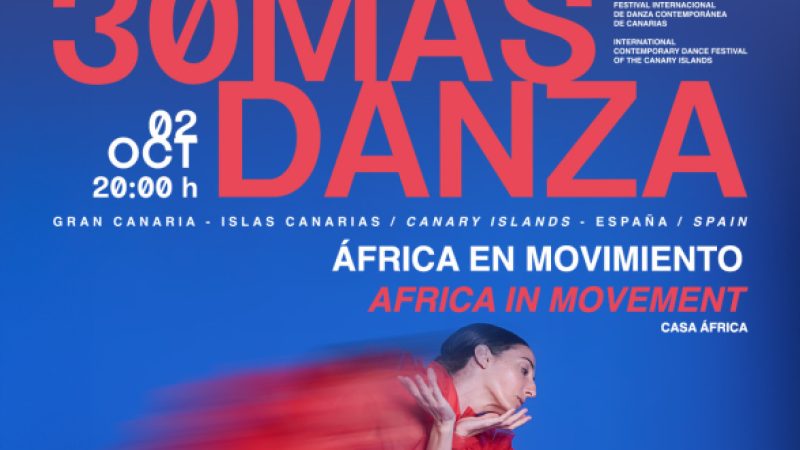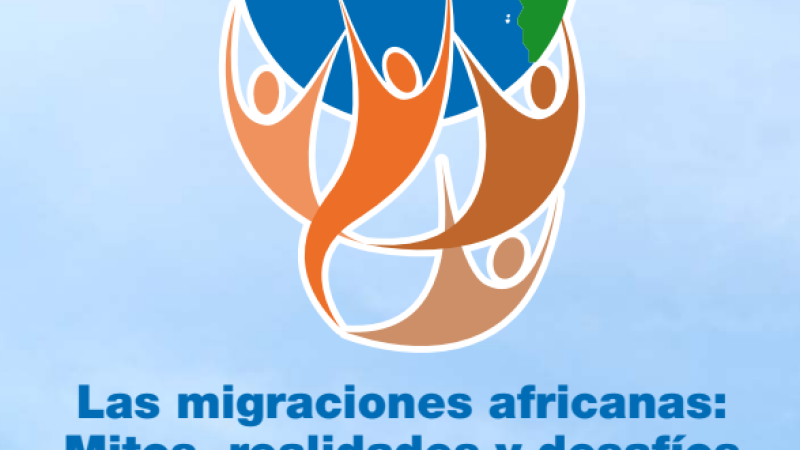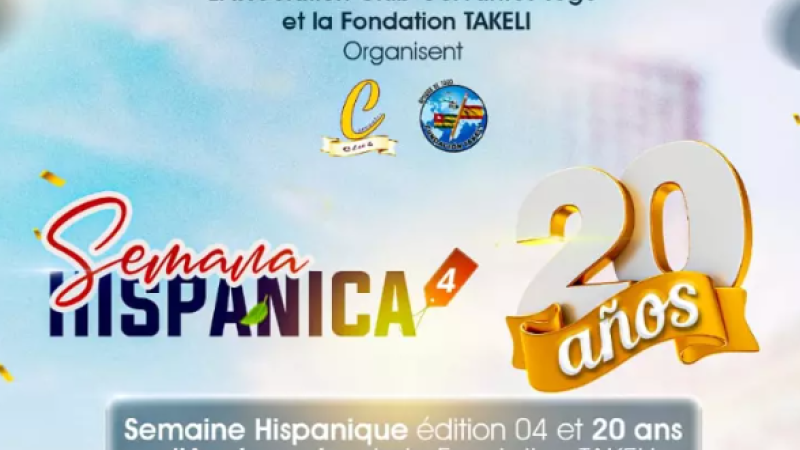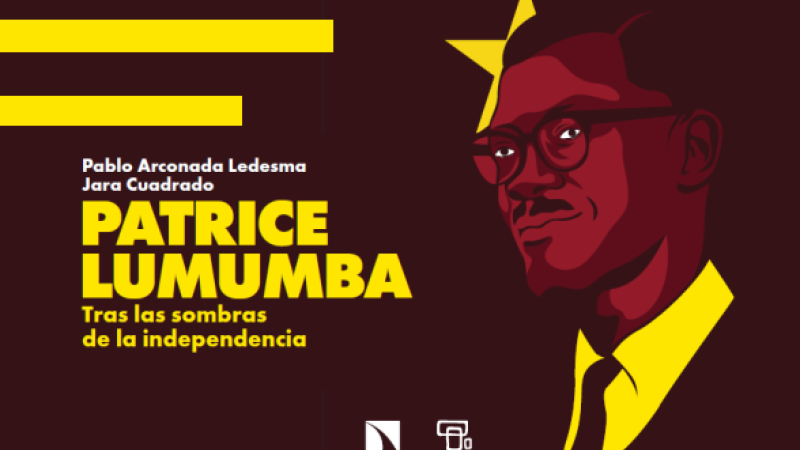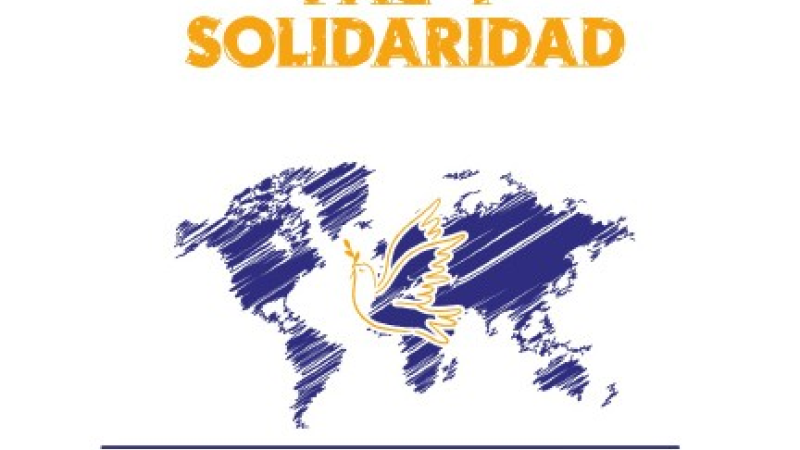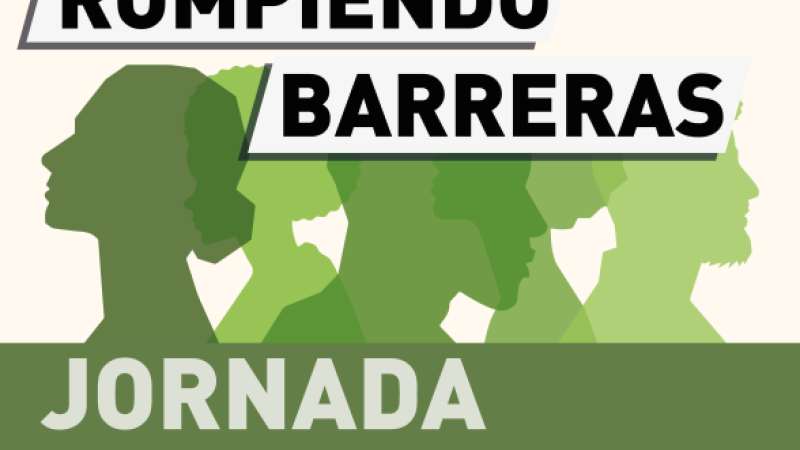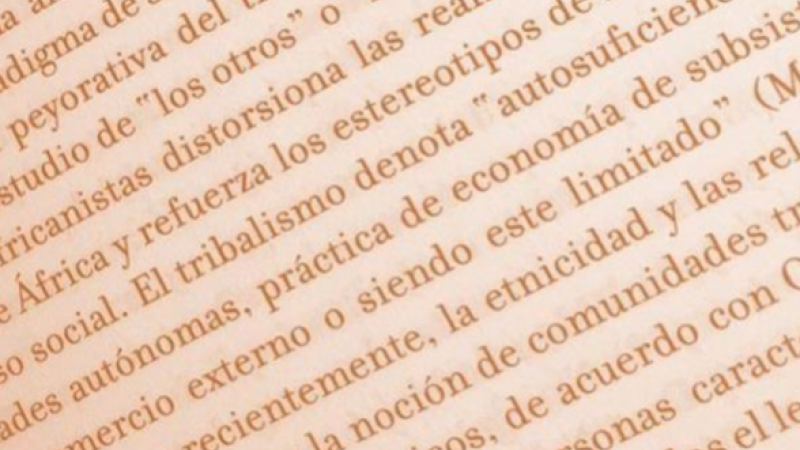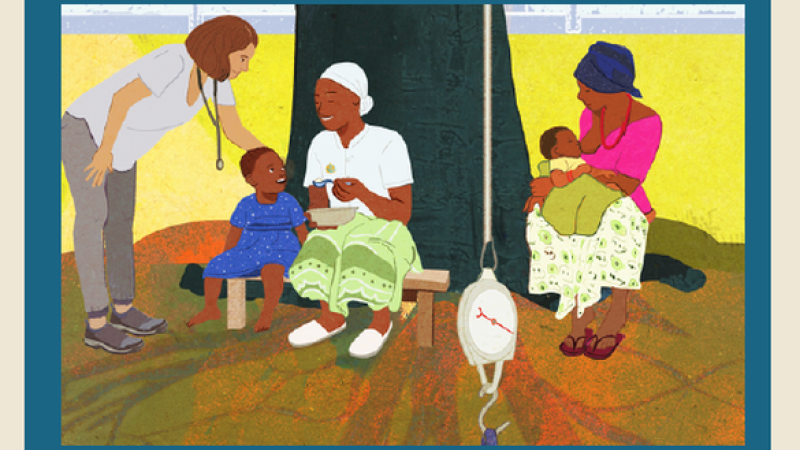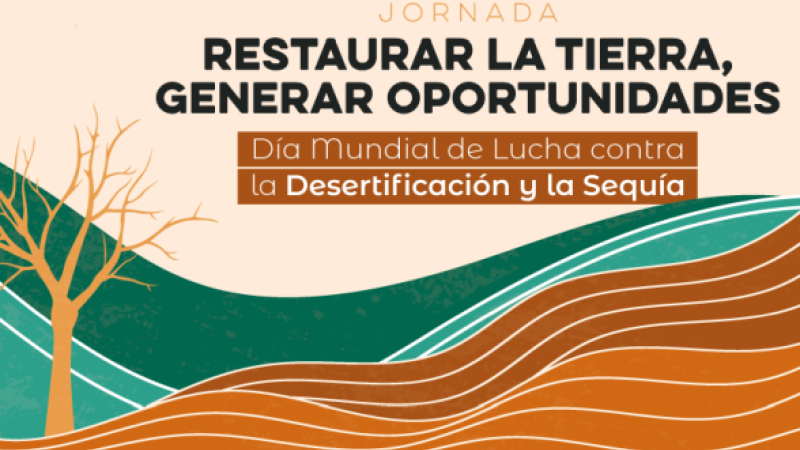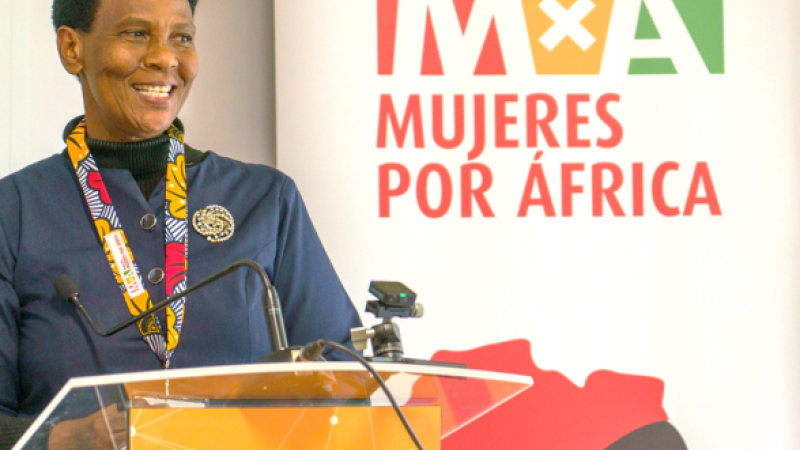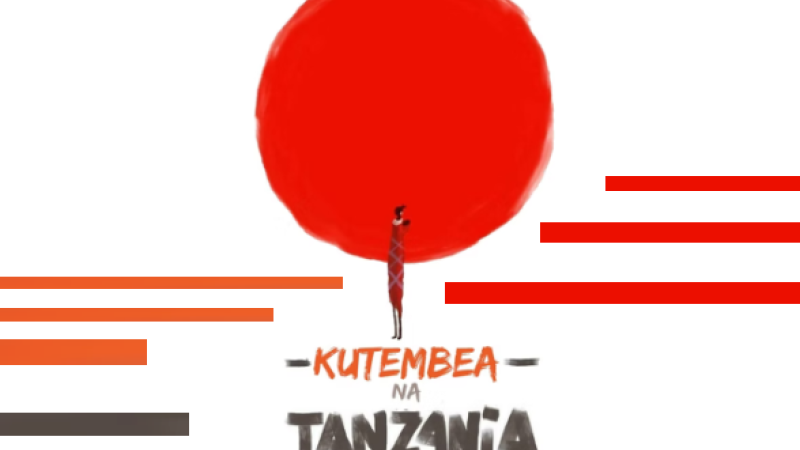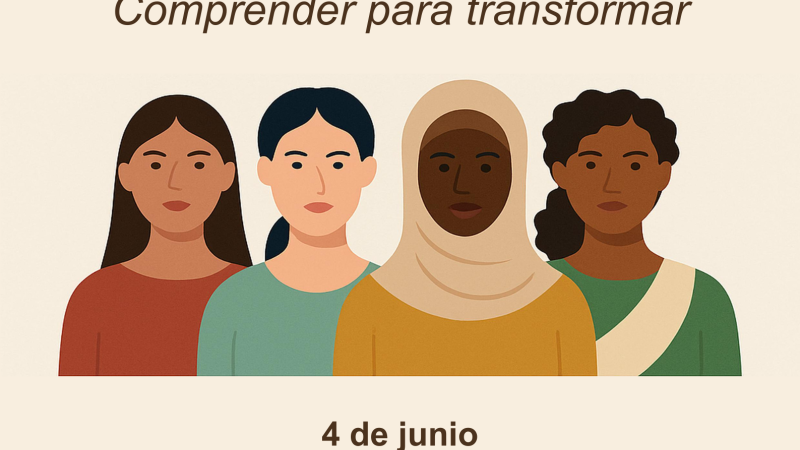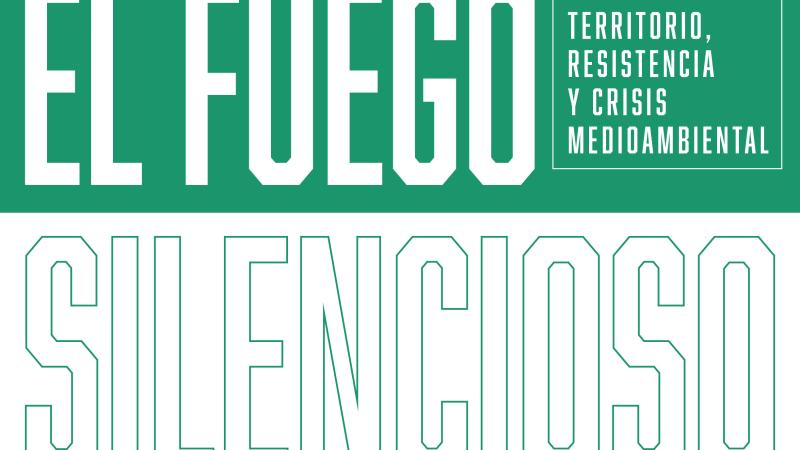Status message
In development mode.Error message
AfroXXI: Encuentro Iberoamericano del Año Internacional de los Afrodescendientes
The United Nations General Assembly has proclaimed 2011 as the International Year for People of African Descent. Recognising the importance of this decision, the Iberoamerican General Secretariat (SEGIB) has organised this meeting together with the Federal Government of Brazil, through the Special Secretariat of Policies to Promote Racial Equality (SEPPIR) and the Ministry of Foreign Affairs.
AfroXXI will take place in Salvador de Bahía, Brazil, from the 16th to 19th November 2011, and in which Casa África will be represented by its General Director, Ricardo Martínez Vázquez, who will be making the most of this summit by taking to this summit this organisation's publications (collections of literature, essay and history and politics), an event that is produced in coordination with the Cervantes Institute of Salvador de Bahía, who inaugurates its library as part of the activities organised for this meeting.
Also, through Cinenómada, we will take a sample of African cinema that comes from Portuguese speaking African countries to this meeting.
The film cycle planned for this meeting covers the following titles:
From Guinea Bisau:
- Mortu Nega, by Flora Gomes (1987, fiction)
- Nha Falah, by Flora Gomes (2002, fiction)
From Mozambique
- Terra Sonâmbula, by Teresa Preta (2007, fiction)
- Kuxa Kanema, the birth of Cinema (2004, documentary)
From Angola
- Na Cidade Vazia, by Maria Joao Ganga (2004, fiction)
- O Heroí, by Zeze Gamboa (2003, fiction)
Casa África sponsors Cinenómada because it has the same objective as Al-Tarab of making African cinema visible to as many Spanish audiences as possible and of brining Africa closer to Spain.
Cinenómada makes available to various entities a large selection of films from past editions of the FCAT, subtitled in Spanish, which is to date the only offering of this dimension and genre that exists in Spain and that guarantees African producers an income, which although modest, is often the only one they receive.
It targets associations, municipalities, regional governments, universities, cultural centers, film libraries, museums and any type of organization or institution that is interested in promoting African cinema. Cinenómada distributes films throughout the year that would otherwise remain only in specialized festivals.
